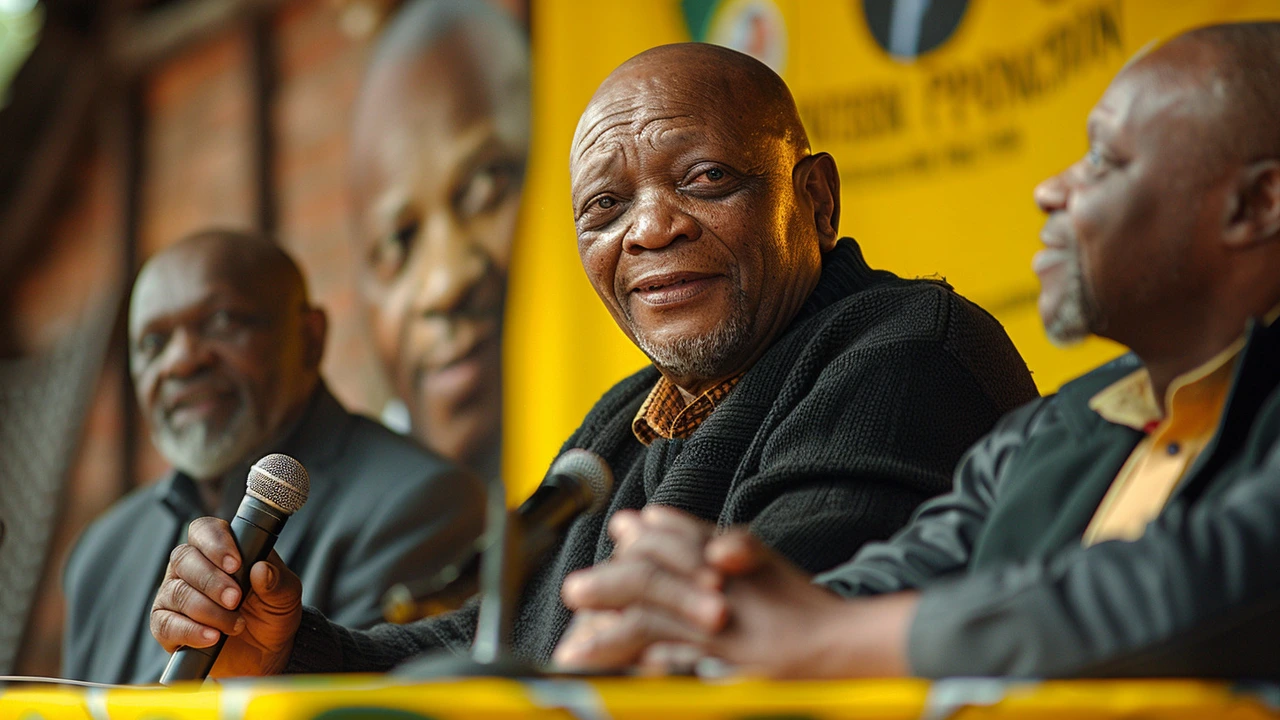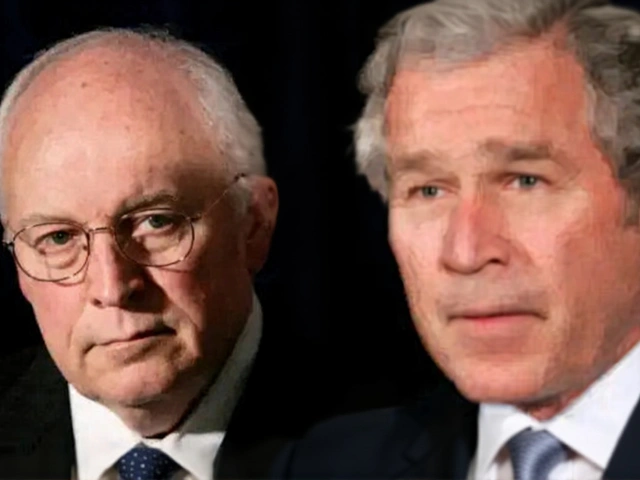National Unity Government: Why It Matters Now
Have you ever wondered how countries manage to keep things steady when politics get messy? That’s where a National Unity Government steps in. This type of government brings different political parties together—often after a crisis or election—to work as one team. Instead of fighting, they cooperate to build stability and focus on common goals.
For South Africa, a National Unity Government could mean tackling big issues like economic challenges, social divides, and political unrest without constant friction. It’s not about who wins or loses but about making decisions that benefit everyone. This approach helps keep the country on track during uncertain times.
How Does a National Unity Government Work?
Think of it like putting rivals on the same sports team. Parties that normally compete for power agree to share responsibilities in running the country. They may divide key government roles among themselves and agree on policies that everyone supports. This team effort aims to reduce conflict and build trust among citizens.
Such governments often form after tough elections where no single party wins outright or in moments of crisis like economic setbacks or social unrest. By pooling resources and ideas, they create a stronger, united front to solve problems.
Why Should You Care?
National Unity Governments aren’t just political jargon—they affect everyday life. When leaders work together, policies can focus more on public needs like healthcare, education, and jobs rather than endless political battles. That means a more stable environment for businesses, communities, and families.
Plus, this kind of government can help restore faith in politics, showing citizens that cooperation is possible even when opinions differ. It’s especially important in diverse countries like South Africa, where many voices need to be heard to build a fair and peaceful future.
Whether or not a National Unity Government forms here, understanding how it works helps you grasp the big picture of governance and why collaboration sometimes beats competition in politics.





